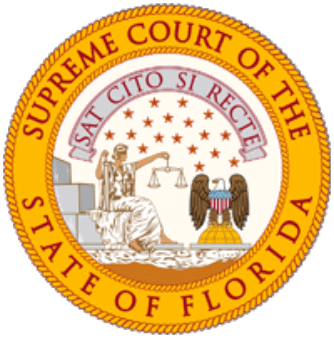Reports
Current Reports
Past Annual Reports
Studies
- 2018 Everyone Counts study to track the number of self-represented litigants
- 2017 Economic Impact of Civil Legal Aid Study
- 2017 Impact of Hurricane Irma and the Legal Vulnerability Index
- 2010 Florida TaxWatch Study on Economic Impact of Legal Aid Executive Summary 2010
- 2010 Florida TaxWatch Study on Economic Impact of FACLA Executive Summary




